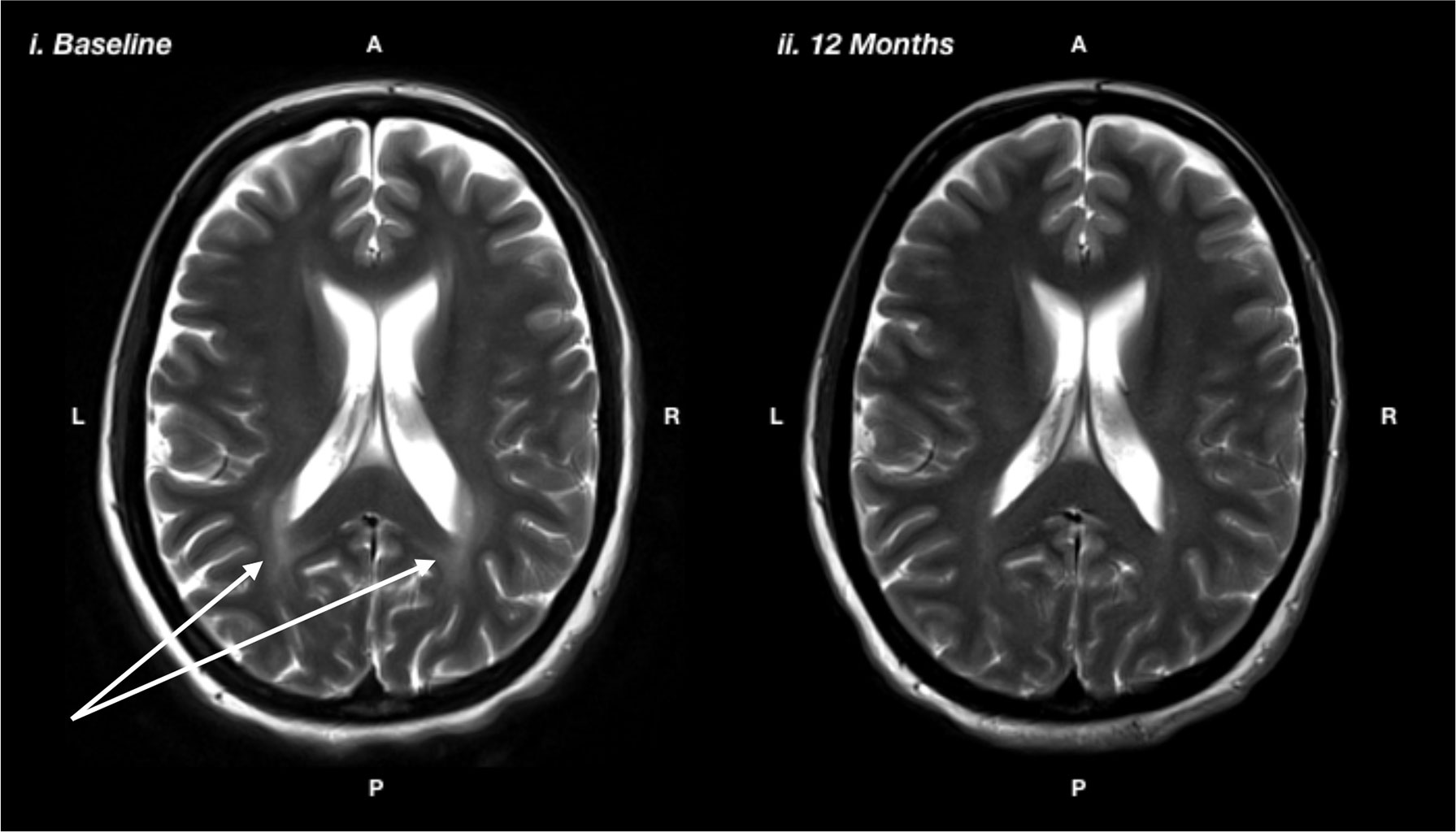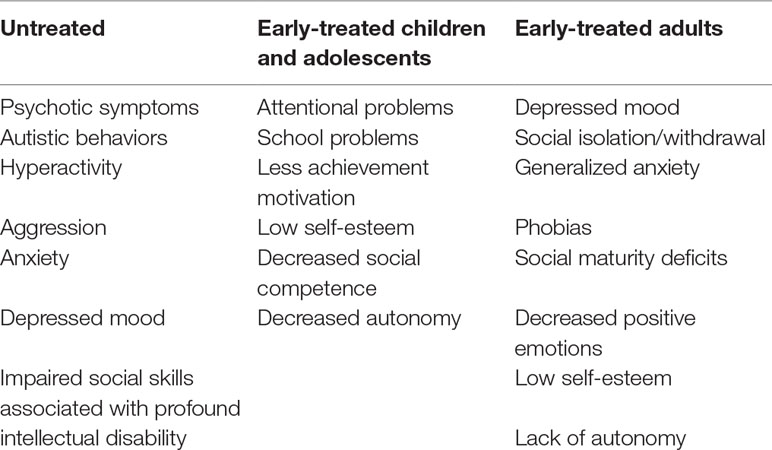Phenylketonuria, commonly abbreviated as PKU, is a rare genetic metabolic disorder that affects the body’s ability to break down an amino acid called phenylalanine. This condition can lead to serious health complications if left untreated. Understanding the causes, recognizing the symptoms, undergoing proper diagnosis, and adhering to effective management strategies are essential for individuals living with this condition. In this article, we will delve into these aspects to provide a comprehensive overview of Phenylketonuria.

Understanding the Causes of Phenylketonuria
Phenylketonuria occurs due to a defect in a specific gene responsible for producing an enzyme known as phenylalanine hydroxylase. This enzyme plays a crucial role in breaking down phenylalanine, an amino acid found in many protein-rich foods and some artificial sweeteners. When the body lacks sufficient levels of this enzyme, phenylalanine accumulates in the blood and other tissues, leading to harmful effects.
Inheritance Pattern
The condition follows an autosomal recessive inheritance pattern. This means that both parents must carry a copy of the defective gene for their child to inherit Phenylketonuria. If both parents are carriers, there is a twenty-five percent chance with each pregnancy that the child will have the disorder. Carriers themselves typically do not exhibit any symptoms but can pass the defective gene to their offspring.
Role of Phenylalanine Hydroxylase
Phenylalanine hydroxylase converts phenylalanine into another amino acid called tyrosine. Tyrosine is essential for the production of neurotransmitters such as dopamine and epinephrine. Without adequate levels of the enzyme, phenylalanine builds up in the bloodstream, potentially crossing the blood-brain barrier and causing neurological damage.
Recognizing the Symptoms of Phenylketonuria
The symptoms of Phenylketonuria vary depending on the severity of the enzyme deficiency and how early the condition is diagnosed and treated. If left untreated, high levels of phenylalanine can lead to significant physical and neurological problems.
Early Signs in Infants
- A musty odor in the breath, skin, or urine caused by excess phenylalanine
- Vomiting
- Eczema or other skin rashes
- Delayed development of motor skills
Long-Term Effects if Untreated
- Intellectual disability
- Seizures
- Behavioral problems such as hyperactivity
- Mental health issues like anxiety and depression
- Growth delays
Importance of Early Detection
Many infants with Phenylketonuria appear healthy at birth, which is why newborn screening programs are critical. Early detection allows for prompt intervention, significantly reducing the risk of long-term complications.
Diagnosing Phenylketonuria
Diagnosis of Phenylketonuria typically begins with newborn screening tests conducted shortly after birth. These tests are designed to identify elevated levels of phenylalanine in the blood before symptoms become apparent.
Newborn Screening Process
In most countries, newborns undergo a heel-prick test within the first few days of life. A small blood sample is collected and analyzed for various metabolic disorders, including Phenylketonuria. If the initial screening suggests elevated phenylalanine levels, further confirmatory tests are performed.
Confirmatory Tests
- Blood Tests: More detailed blood tests measure the exact concentration of phenylalanine and assess the activity of the phenylalanine hydroxylase enzyme.
- Genetic Testing: DNA analysis can identify mutations in the gene responsible for producing the enzyme, providing definitive confirmation of the disorder.
Prenatal Diagnosis
In families with a history of Phenylketonuria, prenatal testing may be recommended. Amniocentesis or chorionic villus sampling can detect the presence of the defective gene in the fetus, allowing parents to make informed decisions about the pregnancy.
Managing Phenylketonuria
While there is currently no cure for Phenylketonuria, the condition can be effectively managed through dietary restrictions, medical treatments, and lifestyle adjustments. The primary goal of management is to maintain phenylalanine levels within a safe range to prevent complications.
Dietary Restrictions
The cornerstone of managing Phenylketonuria is adhering to a strict low-protein diet. Since phenylalanine is found in all protein-containing foods, individuals with this condition must carefully monitor their intake.
- Protein Sources: Foods such as meat, fish, eggs, dairy products, nuts, and soy must be limited or avoided entirely.
- Special Formulas: Medical formulas specifically designed for people with Phenylketonuria provide essential nutrients without excessive phenylalanine.
- Fruits and Vegetables: Most fruits and vegetables are low in protein and can be consumed freely, though portion control is still important.
Medical Treatments
In recent years, new treatment options have emerged to complement dietary management.
- Sapropterin Dihydrochloride: This medication helps enhance the activity of the phenylalanine hydroxylase enzyme in some individuals with mild forms of the disorder.
- Enzyme Substitution Therapy: Pegvaliase is an enzyme replacement therapy approved for adults with uncontrolled phenylalanine levels.
Regular Monitoring
Individuals with Phenylketonuria require lifelong monitoring of their phenylalanine levels. Regular blood tests ensure that dietary and medical interventions are effective and allow healthcare providers to make necessary adjustments.
Lifestyle Considerations
Living with Phenylketonuria involves more than just dietary changes. Emotional and social support is vital for maintaining quality of life.
- Education: Families and caregivers should receive comprehensive education about the condition to make informed decisions.
- Support Groups: Connecting with others who have Phenylketonuria can provide valuable emotional support and practical advice.
- Psychological Support: Counseling or therapy may help address behavioral or mental health challenges associated with the condition.
Maternal Phenylketonuria
Women with Phenylketonuria who become pregnant face additional risks. High phenylalanine levels during pregnancy can harm the developing fetus, leading to congenital anomalies and developmental delays. Therefore, strict dietary control before conception and throughout pregnancy is crucial.
Advances in Research and Future Directions
Ongoing research continues to explore innovative ways to improve the lives of individuals with Phenylketonuria. Gene therapy, novel medications, and improved nutritional supplements hold promise for more effective treatments in the future.
Gene Therapy
Scientists are investigating the potential of gene therapy to correct the underlying genetic defect responsible for Phenylketonuria. While still in experimental stages, this approach could offer a permanent solution for some patients.
Nutritional Innovations
Researchers are also working on developing new low-protein food options and medical formulas that are more palatable and nutritionally complete, making it easier for individuals to adhere to their dietary restrictions.





